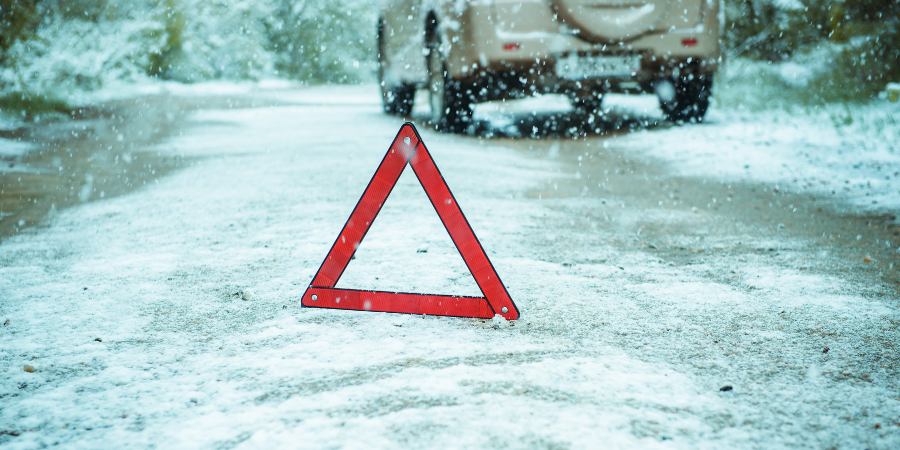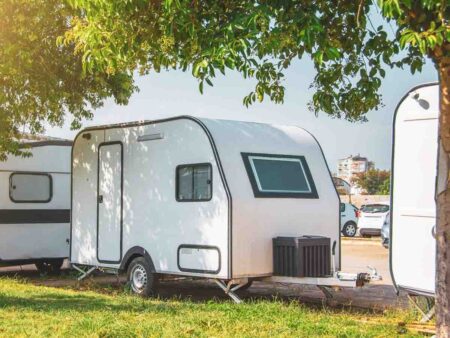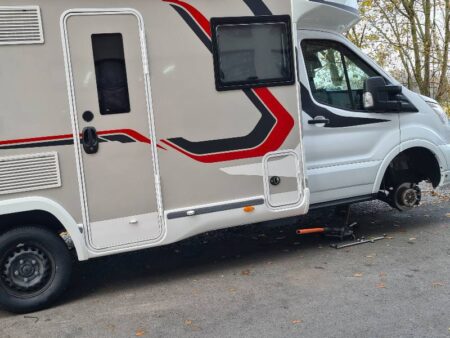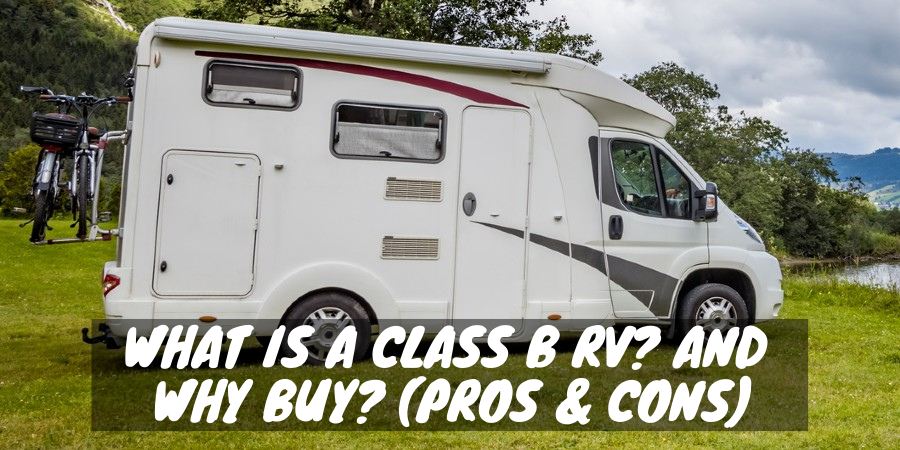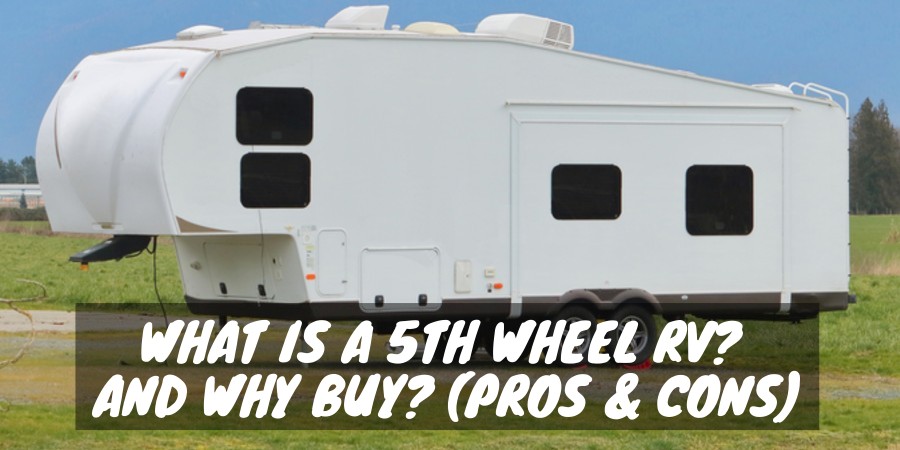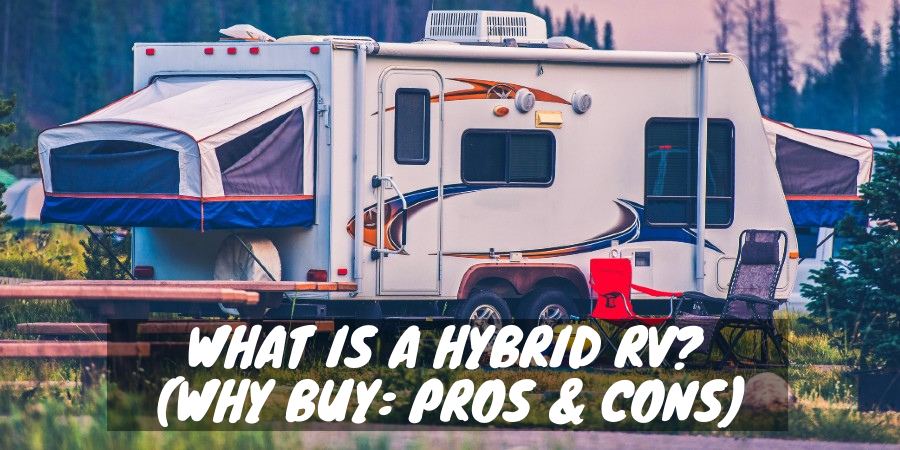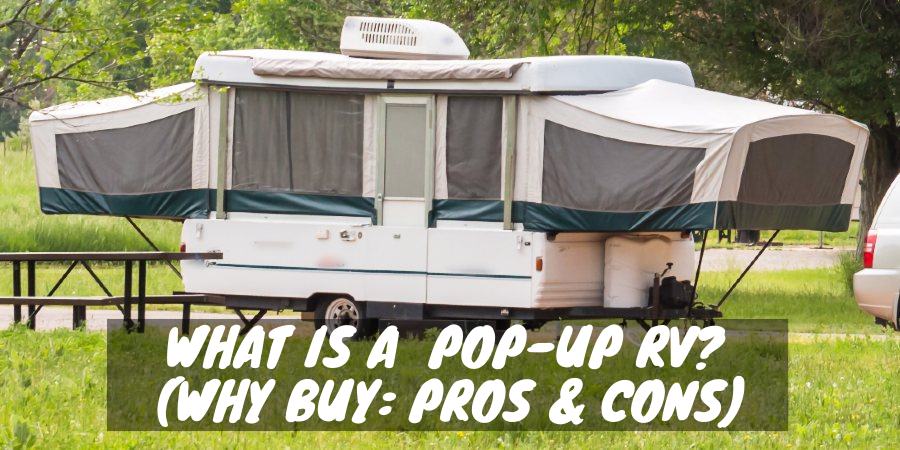Ever found yourself stuck on the side of the road during a much-awaited vacation? That’s certainly not fun, right? So, the question is – should you get yourself covered with an RV roadside assistance plan or take the risk and handle any unexpected issues yourself?
Choosing insurance sounds like a good idea, but which one should you go for? Here are my tips on selecting the best RV roadside assistance plan to fit your travel needs.
Roadside Services
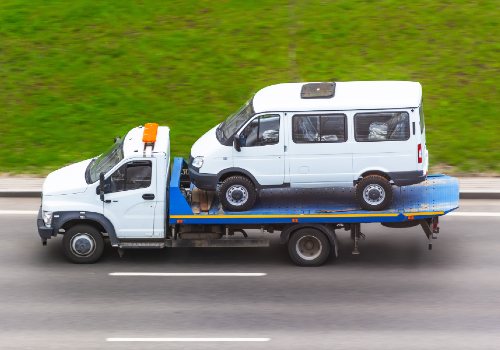
Even the newest vehicles can break down anywhere. Older vehicles, especially RVs that have seen many years but not many miles, are more susceptible to roadside emergencies.
In addition, RVs are combo vehicles: driving and living. What will you do if a tire blows, a refrigerator quits, or a water tank leaks? As an RV owner, you need to consider these emergencies and plan — in advance — what to do about them.
Road service can include changing a tire, replacing a tire with a new one, towing to a repair facility or your home, jumping or replacing a battery, bringing fuel to your location, unlocking a vehicle, returning your RV to the road, and related vehicle services.
Extended service can cover greater limits on calls or the repair of “house” systems and appliances such as refrigerators, air conditioners, electrical systems, or water systems.
In addition, roadside assistance policies can cover related emergency costs such as vehicle rental, lodging, or even medical expenses. Some policies cover medical emergencies, including transporting an RV back home and even shipping traveling pets home if the driver has a medical emergency.
Selecting a Policy
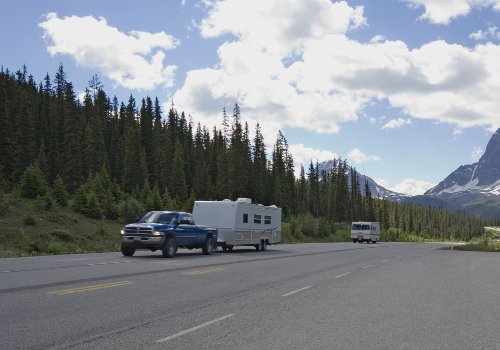
The first step in being an RV owner is to determine which of these roadside services you need and which you don’t, based on your travel plans and experiences.
A policy for a young couple in a pickup camper on a budget is different than one for a retired couple with pets in a luxury motorhome and towed vehicle.
Also, RVers should compare the estimated long-term cost of roadside insurance to self-insuring.
Next, summarize your type of travel. How many miles will you take your RV in the coming year(s)? From, through, and to which states? How long will your trips be? How much of your travel will be parked, and how much driving?
During the off-season, will your RV be parked at home, in storage, or somewhere else? Does your roadside assistance policy cover all of your vehicles or just your RV?
Does your towing vehicle policy cover the trailer? If so, for what?
Other questions to ask an insurance broker or agent include: Are there age or length restrictions on RV road assistance policies? What’s the difference between the “standard” and “premium” policy (if available)?
Are there any limits on service calls or towing distances? Is coverage extended to include Canada and/or Mexico for travelers? Does the insurance company offer a mobile app, specific emergency contact numbers, or online support options?
Do they offer trip-planning services or assistance? Also, check with your auto insurer to see if they offer roadside assistance for your RV; some are just a few dollars extra per month.
One more tip: Ask if you are eligible for AARP, AAA, military, education, introductory, or other discounts. Shopping for the best RV roadside service insurance isn’t easy — but you’ll be glad you spent the extra time and effort turning an emergency into an inconvenience.
The Truth about RV Roadside Assistance (Video)
Related Questions
1. Why is it important for RV owners to have a roadside assistance plan?
Want to Connect With a Community of Over 1,078 RV Enthusiasts?
Regardless of the age of the vehicle, roadside emergencies can occur at any time. For RV owners, it’s not just about driving but also living. Emergencies could range from a tire blowout to a refrigerator failure or a water tank leak. Having a roadside assistance plan in place beforehand helps deal with these unexpected situations effectively.
2. What services are usually included in a roadside assistance plan?
A roadside assistance plan could cover services such as tire change, towing to a repair facility, battery jump-start or replacement, fuel delivery, unlocking a vehicle, and more. Extended services may also cover repairs of home systems within the RV, like the refrigerator, air conditioner, electrical system, and water system. Some policies may also cover related emergency costs like vehicle rental, lodging, and medical expenses.
3. What factors should be considered while choosing a roadside assistance policy?
When choosing a policy, consider your specific needs based on your travel plans and experiences. For instance, the policy for a young couple traveling on a budget might differ from that of a retired couple traveling with pets in a luxury motorhome. Consider factors like how many miles you plan to travel, how long your trips will be, where you plan to travel, and whether your policy covers all your vehicles or just your RV.
4. What questions should you ask your insurance agent when discussing roadside assistance policies?
Ask about age or length restrictions on policies, the differences between standard and premium policies, service call or towing mileage limits, and whether the policy covers travel to countries like Canada or Mexico. It’s also worth asking about the availability of a mobile app, dedicated emergency numbers, online contact resources, trip planning services, and whether your auto insurer offers roadside assistance for your RV.
5. Are there any discounts available for roadside assistance insurance?
Yes, certain discounts may be available depending on your eligibility. These could include AARP, AAA, military, education, introductory, and other discounts. It’s important to inquire about these when shopping for roadside assistance insurance.
"Man cannot discover new oceans unless he has the courage to lose sight of the shore."
-- Andre Gide

